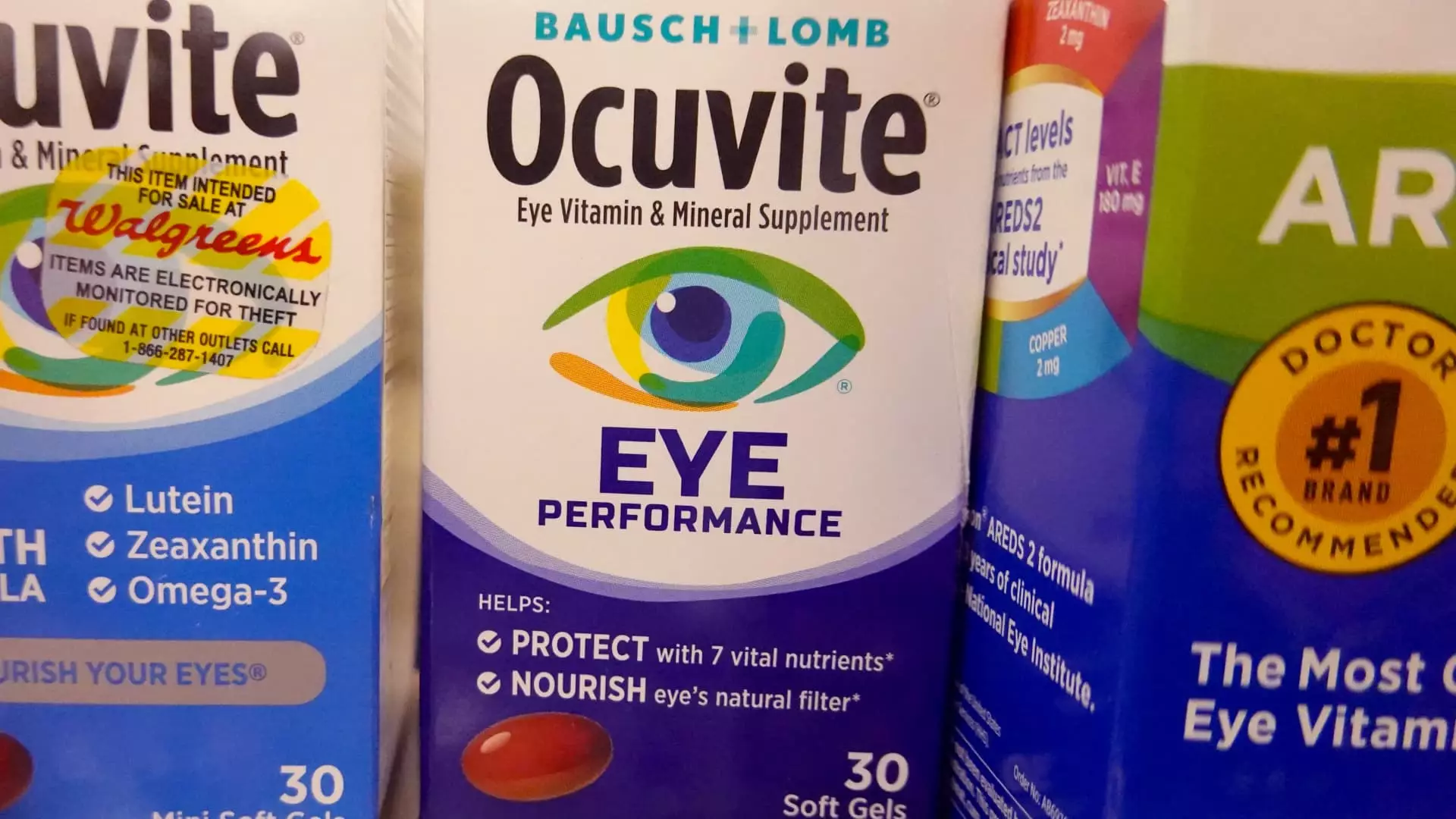Bausch Health Companies Inc., distinguished as a pivotal participant in the global pharmaceutical landscape, is experiencing a significant transformative phase. Renowned formerly as Valeant Pharmaceuticals, this Canadian multinational is strategically repositioning itself to tackle an array of therapeutic domains such as dermatology, gastroenterology, ophthalmology, and neurology. Central to its operations are five primary business segments that contribute to its extensive footprint in the pharmaceutical sector: Bausch + Lomb, Salix Pharmaceuticals, International Rx, Solta Medical, and Diversified Products. By examining its recent challenges and strategic maneuvers, a clearer understanding emerges regarding its future trajectory and market appeal.
The complexity of the pharmaceutical arena often prompts an intricate dance between management and investors, and Bausch Health is no exception. The engagement of activist investor Carl Icahn is a critical juncture in this company’s narrative. Icahn’s formal filing with the U.S. Securities and Exchange Commission on February 11, 2021, signaled a drive towards elevating shareholder value through the initiation of discussions focused on a strategic review of the company. Such moves culminated in an increase in board size and the injection of new strategic directors, reflecting a broader push to revitalize governance and oversight during challenging times.
The presence of investment heavyweights like Icahn emphasizes a more aggressive posture towards enhancing corporate value. While the outcomes of these discussions remain to be seen, the initiation of a director appointment agreement and the restructuring of the board suggests a more proactive approach in navigating shareholder expectations. A well-governed board is essential, especially for a company undergoing substantial shifts and facing competitive pressures.
A notable highlight in Bausch Health’s recent history was the spin-off of its Bausch + Lomb division into a separate publicly traded entity in May 2022. This strategic separation allowed Bausch Health to maintain a significant ownership stake of 88%, which not only reaffirmed its commitment to eye care but also refined its operational focus. The implications of this spin-off extend beyond mere structural realignment; they also provide a lens through which investors can assess Bausch + Lomb’s intrinsic value against the backdrop of its industry peers.
Despite its success, Bausch + Lomb has been negatively affected by broader market conditions. Reports emerged regarding the potential sale of the division, particularly in light of its depressed enterprise valuation, estimated at around $10 billion. This modest figure, however, is compounded by the substantial debt encumbering Bausch Health’s overall balance sheet, which stands at approximately $20.4 billion, of which over $4 billion is attributed to the Bausch + Lomb division.
This dual-edged challenge illustrates the need for a strategic divestment approach that ensures shareholder interests are aligned with operational realities. Reports indicate that divesting control could enhance valuation for both Bausch Health and Bausch + Lomb, making a potential sale an attractive proposition for stakeholders looking towards growth potential.
As Bausch + Lomb explores avenues for improving its market appeal, its projected future earnings also play a critical role in the overall valuation discourse. Analysts anticipate significant earnings growth moving forward, projecting an estimated 2025 EBITDA of $966 million. In stark contrast, rival firms such as The Cooper Companies and Alcon trade at multiples significantly higher than that of Bausch + Lomb, suggesting that an increased competitive positioning could lead to substantial shareholder returns if appropriately leveraged.
Considering the anticipated decline of the flagship Xifaxan product after its patent expires in 2028, Bausch Health’s strategic foresight will be critical. Analysts project a conservative estimated present value of $4.25 billion for Xifaxan’s future cash flows, based on a highly cautious stance assuming no follow-up sales. Strikingly, the ongoing growth in other business segments, particularly Solta and Diversified Products, may provide balance amid the challenges posed by Xifaxan.
Bausch Health is at a critical juncture marked by both challenges and opportunities. The engagement of activist investors, the potential divestiture of key divisions, and a clear understanding of future earnings present a multifaceted picture. As Bausch Health reassembles its business strategy and governance structure, its success will hinge on how effectively it can leverage its core strengths while mitigating debt pressures.
Through astute navigation of these complexities, Bausch Health can redefine its market positioning and shareholder value in the years to come. Stakeholders and analysts alike will be keen observers of Bausch Health’s decisions, which will not only impact its future valuations but also the broader narrative of resilience amidst a highly competitive pharmaceutical landscape.

